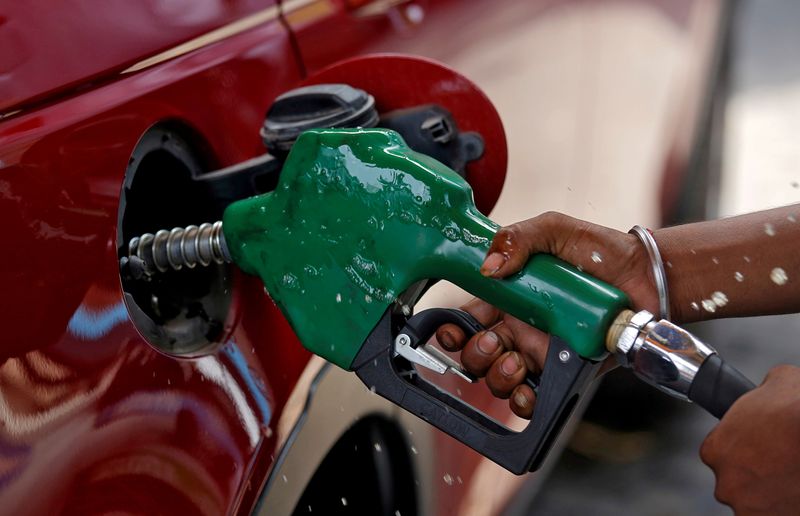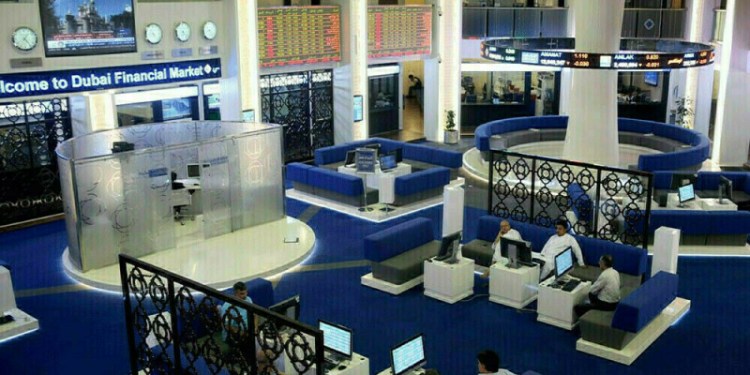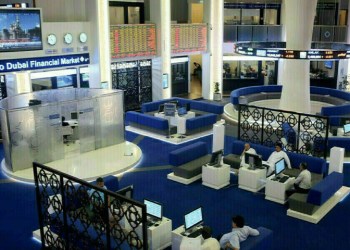
© Reuters. FILE PHOTO: A worker holds a nozzle to pump petrol into a vehicle at a fuel station in Mumbai, India, May 21, 2018. REUTERS/Francis Mascarenhas/File Photo
By Jessica Resnick-Ault
NEW YORK (Reuters) -Oil prices rose on Thursday, with Brent crude touching its highest level in more than two months, supported by growing fuel demand and a draw in U.S. crude inventories as production remained hampered in the Gulf of Mexico after two hurricanes.
Supply concerns had funds taking longer positions, analysts said.
Brent crude settled up $1.06, or 1.4%, at $77.25 a barrel, its highest price since mid-July. U.S. West Texas Intermediate (WTI) crude rose $1.07, or 1.5%, to $73.30 a barrel.
“The reality is setting in – there’s more talk about global inventories tightening and there are concerns about supply issues going into winter,” said Phil Flynn, senior analyst at Price Futures Group in Chicago. Additional support may come as the White House takes a tougher line on Iran, he said.
On Wednesday, both contracts jumped 2.5% after the U.S. Energy Information Administration reported U.S. crude stocks in the week to Sept. 17 fell by 3.5 million barrels to 414 million – the lowest since October 2018. [EIA/S]
Also supporting prices, some members of the Organization of the Petroleum Exporting Countries (OPEC) and its allies have struggled to raise output after years of under-investment or delays to maintenance work during the pandemic.
On Wednesday, Iraq’s oil minister said OPEC+ was working to keep crude close to $70 per barrel as the global economy recovers. The group will meet on Oct. 4.
Iran’s export capabilities partially hinge upon reviving its 2015 nuclear deal. The window remained open but Tehran has not indicated whether it is willing to resume talks in Vienna, a senior U.S. official said.
The dollar, which usually has an inverse relationship with commodities prices, eased from a one-month high after the Federal Reserve signalled it would soon start reducing its monthly bond purchases and set the stage for higher interest rates next year, while leaving room to slow things if needed.
The U.S. central bank “gave advance notice of its tapering intention, thereby confirming its economic optimism, which ultimately points to robust U.S. oil demand,” said Barbara Lambrecht, analyst at Commerzbank (DE:CBKG).
Oil prices also drew support as concerns eased over a possible near-term default by Chinese property developer China Evergrande on its dollar bonds.
In a sign of strengthening fuel demand, East Coast refinery utilisation rates in the United States rose to 93%, the highest since May 2019, EIA data showed. Surging natural gas prices also are supporting market sentiment, ANZ Research said.
“Supply shortage of gas could encourage power utilities to shift from gas to oil if winter turns out to be colder this year,” ANZ analysts wrote in a note.
Natural gas prices have surged around the globe in recent months due to factors including increased demand particularly from Asia as it recovers from the pandemic, low gas inventories, and tight gas supplies from Russia.
Source: Investing.com




























